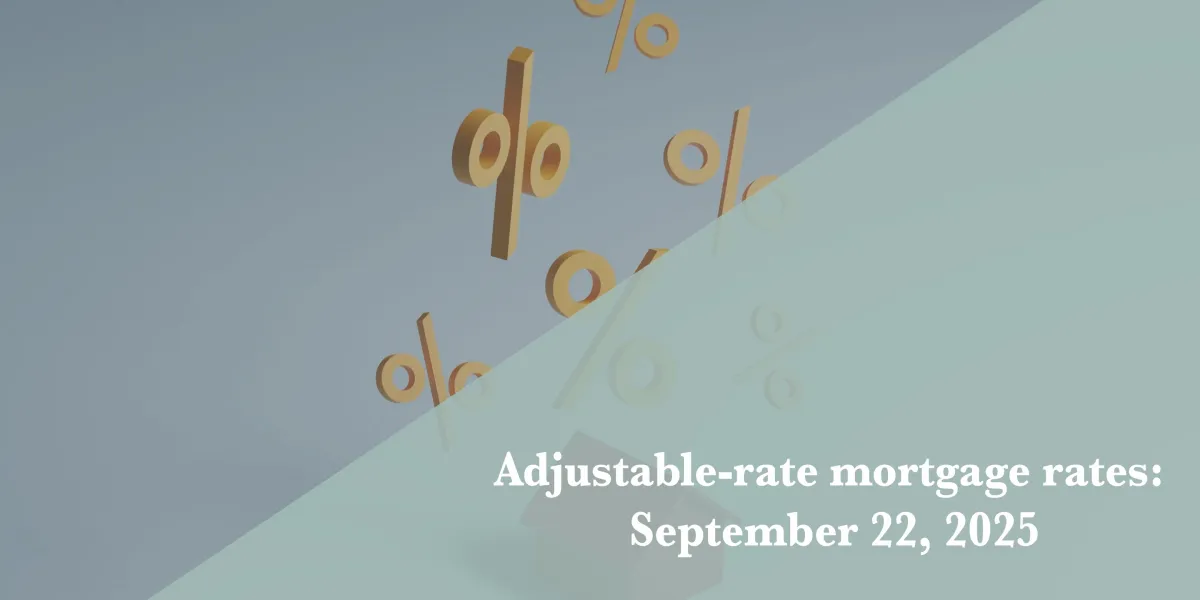Starting a business? Belfast is the best bet in the UK with a perfect 10/10 and ‘an ideal location for startups to thrive’
By Claire Cartmill
Copyright newsletter

Belfast ranked as the top city to start a business in a new study by Markel Direct. The study evaluated factors such as business closure rates, five-year startup survival rates, broadband speeds, and household income growth. Belfast came out on top with a perfect 10/10 for business closures, experiencing just 8.22 closures per 100 active businesses in the area, and posted strong scores in gigabit broadband coverage, with 95.6% of premises connected. It also recorded a healthy five-year survival rate of 44.6%. The study analysed 46 of the UK’s largest cities across a range of factors including business closure rate, five-year startup survival rates, broadband speeds, and household income growth to determine the optimal locations for launching successful businesses. Based on the rankings, each city was given a point grading for each factor out of 10, which formed the index. Belfast ranked as the top city to start a business, scoring 34 out of 40. Cambridge narrowly missed out on the top spot, achieving an overall score of 33.8. This impressive score was driven by a 9.6 in business closure score, with only 8.93 business closures per 100 active businesses, and a 9.4 in its five-year survival score, with 45% of businesses reaching this milestone. Exeter was third, with the highest five-year business survival rate of any city, with 51.7% of businesses making it to this milestone, and a strong business closure score of 8.8. However, their broadband speed only managed a score of 5.8. Rob Rees, divisional director at Markel Direct, said: “Small businesses are the backbone of the UK, and many of the cities in our study are ideal locations for startups to thrive. “Whilst running a successful business is influenced by factors beyond solely location, having access to superfast internet, a local talent pool and business support networks can provide your venture with the best start in the pivotal early days.” The study, which explores the next generation of entrepreneurs and business leaders, also compared the motivations of Gen Z for starting a business with those of established business owners. Whilst both established business owners and Gen Z entrepreneurs shared similar motives for wanting to set up their business – namely being their own boss, financial independence and flexibility – they differed in other areas. One such area was financing their venture, with Gen Z owners more likely to turn to newer financing methods such as crowdfunding or business competitions, whereas established owners were more likely to rely on traditional methods such personal savings. Furthermore, the study found that social media creators serve as the top influence for young entrepreneurs in the digital era, surpassing conventional factors such as family, friends, and government business support initiatives.



